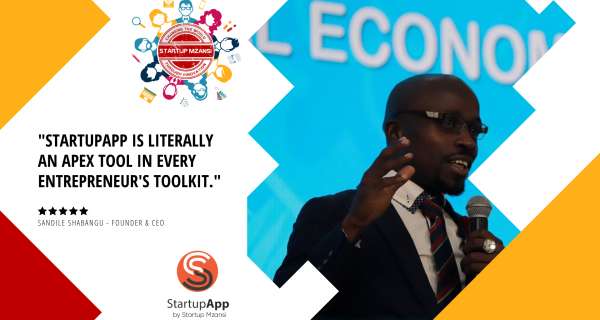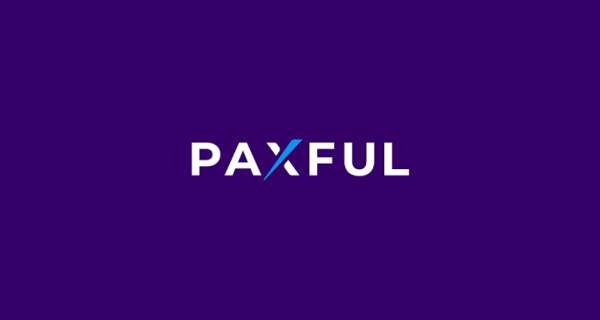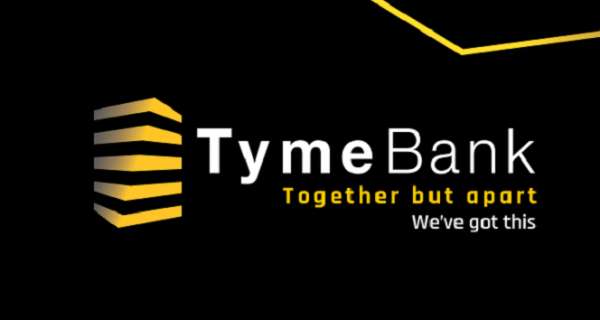With bank lending figures continuing to drop, thousands of entrepreneurs are looking for alternative sources of funding to get their business off the ground.
If you’re one such company, this article provides a comprehensive guide to the tools and options at your disposal.
But what’s the difference between a Startup Loan and a bank loan? What happens if you use a bank overdraft? How could angel investors and peer-to-peer lending contribute to your business? And why are community schemes so restrictive?
We’ll provide the information to these key questions, and more.
How to get funding for a business
Here, we profile some of the main ways that you could finance your business without a bank loan.
1. Savings
Got some money in the bank? With interest rates having only increased by a quarter of a percentage point (to 0.75%) since the all time low of the financial crisis, it’s not doing much for you sitting in an account. Or perhaps you’ve been made redundant, and have a large chunk of cash burning a hole in your pocket.
The great thing about using your own money to start up is you don’t have to go cap in hand to anyone else. Plus, there’s the added bonus of not starting out in debt, or giving away equity at an early stage.
There are other advantages too – if you want to pump more cash into the business later on, investors often like to see you’re committed to a venture enough to put your own financial weight behind it.
2. Family loans
If you want to keep things ultra simple, a supportive family, with money to spare, can provide a fair, willing and reliable source of loan funding.
Relatives and loved ones are more likely to trust you with their money than an outsider, and they will probably demand lower interest and fewer incentives than a commercial organisation.
Of course, there are some drawbacks when it comes to mixing family and finance, so it’s worth weighing up both the pros and cons of family funding.
Any finance model or provider should be researched thoroughly before you make any commitments, to ensure this is the best solution for your business. You will find more information on some of these finance options in our Raising Finance section.
We would also recommend researching specific providers or funding platforms online and speaking to other businesses which have used them.
3. Bank overdraft
For companies with fluctuating income, a bank overdraft can provide quick, flexible cashflow. The idea is simple: you dip into the overdraft in the leaner months, and come back out when the business picks up.
Most major banks charge interest only on the amount you overdraw, and many offer tailored packages for young businesses.
For example, FNB offers a Business Overdraft for existing customers for up to 12 months, with interest payable only on the borrowed amount and no set minimum amount to repay each month.
However, rates of interest on bank overdrafts are usually charged above base rates, and in most cases the overdraft amount is repayable on demand.
4. Grants
There are literally thousands of different types of small business grants available.
The hard part is finding them, and getting through the application process, which can be long and arduous.
However, if you or your business qualifies, they can provide the financial impetus your idea needs to either get off the ground, or grow into something bigger and better.
Be sure to keep an eye on StartupApp as we will be sharing these in the near future.
5. Development schemes
A plethora of Development Finance Institutions (DFIs) have been set up around the country to help individuals, and businesses who find it difficult to access, or have been denied, credit from banks and lending companies.
DFIs provide help with everything from bridging loans and working capital to funds for property and equipment purchases. But some of the DFIs have usually restrictive terms: you tend to have to be either a micro-business or a social enterprise, and be classified as Historically Disadvantage Individual under the Government's Broad-Based Black Economic Empowerment.
Some of the active DFIs in South Africa include the Industrial Development Corporation (IDC), the Development Bank of Southern Africa (DBSA), and the National Empowerment Fund (NEF), as well as smaller domestic DFIs organised as Provincial for example the Mpumalanga Economic Development Agency or Free State Development Corporation or Limpopo Economic Development Agency.
6. Crowdfunding
Crowdfunding is, essentially, an extension of the charity sponsorship page in the business world. People come together, on crowdfunding sites, to pool money towards a particular venture or idea – it could be 10 people putting in R5000 each, or 3,000 people each giving R10.
Donors or investors on crowdfunding sites, such as Kickstarter or Thundafund or The People's Fund or Jumpstarter, are typically private individuals providing small sums, so they’re unlikely to give you the sort of grilling, and rigorous conditions, an angel investor would.
You can also scope out the popularity of your idea via a crowdfunding site, and get some crucial word-of-mouth marketing going.
7. Business cash advance
Companies such as The People's Fund, for example, allow businesses to receive money upfront before debts and invoices have actually been paid.
8. Asset finance
An asset-based loan works the same way as a mortgage. You borrow money against an existing possession, and, if you can’t meet your obligations, the asset is repossessed. Assets which can be used as collateral include property and premises, accounts receivable, inventory and equipment.
Although interest rates are often punitive, asset-based finance can be extremely useful for a company desperate for cash, or a business backed by valuable property which has yet to make major profits – such as a hotel or plant hire specialist.
9. Peer-to-peer loans
A peer-to-peer exchange site, such as Rainfin, will put you in touch with private lenders, and create a personal relationship between you and the lender – fostering trust and patience.
A number of companies are now well-established in this space, and several offer generous terms.
10. Organic growth/Bootstrapping
Starting a consultancy from home? Got an idea for a website you can build and code yourself? There have been plenty of successful ventures over the years that started with no, or negligible amounts of cash.
This kind of funding method works well if you’re offering a product or service where you receive payment before you have to buy any stock or actually deliver the goods. The revenue received can then be used to plough back into growing the business.
It’s certainly the most risk averse way to start a business, and while it may not be the quickest route to a multi-million rand turnover, there’s nothing stopping you getting there eventually.



























0 Comments